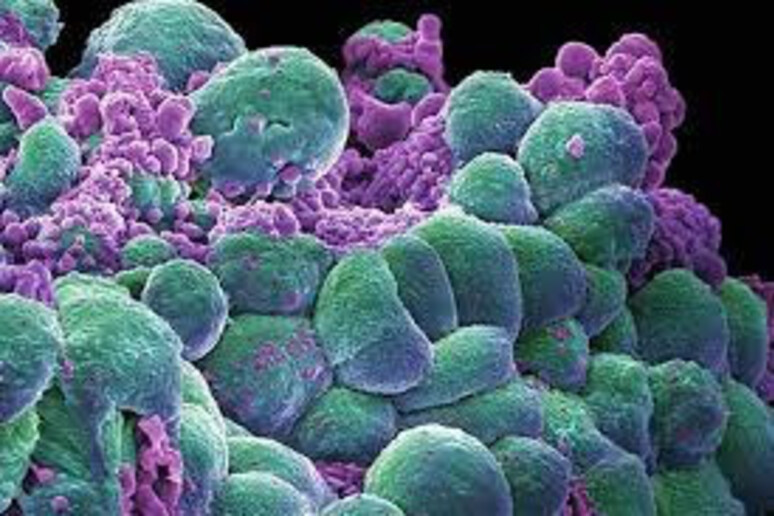A number of cells of the
immune system help cancer spread, according to a study released
Tuesday by a group of Italian researchers led by Douglas Noona
and Adriana Albini from oncological institute Irccs Multimedica
based in Sesto San Giovanni, Milan.
The research was carried our together with the universities
of Insubria and Messina and Varese's Ospedale di Circolo and
published by the Journal of the National Cancer Institute.
In the study, which was funded by the Italian association
for cancer research (Airc), scientists found a specific category
of cells called 'Tink', which are part of the natural killer
(NK) cells critical to the immune system.
Their role is to recognize tumors and eliminate them but
the study found that sometimes tumors and their
microenvironments are able to "reprogram these cells so they can
spread more easily, inducing the body to produce new blood
vessels which nourish cancer and help it spread.
The research has so far focused on lung cancer, although
studies are now being carried out also on cancer that develops
in the tissue of the colon, breast cancer and multiple myeloma.
The aim of scientists is to eventually "re-educate these
natural killers, in order to restore their activity in fighting
tumors with studies to evaluate how the combination of
chemotherapy and natural substances could contribute to restore
their regular function", said Albini.
ALL RIGHTS RESERVED © Copyright ANSA











